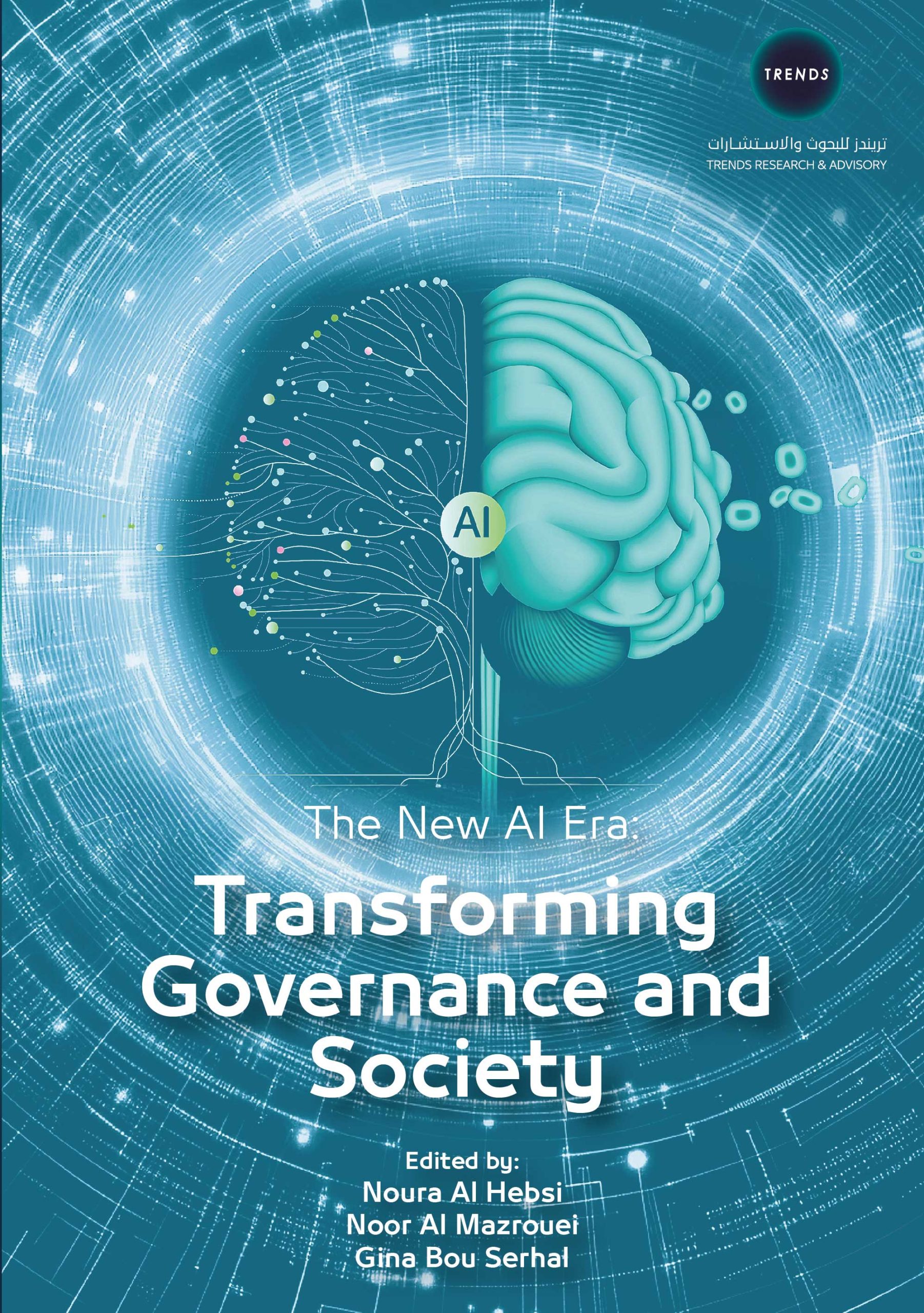The rapid evolution of Artificial Intelligence (AI) is reshaping the 21st century, transforming industries, redefining societal norms, and challenging long-held assumptions about governance, ethics, and professional practice. As AI continues to permeate every facet of human life, it raises critical questions about how we navigate this transformative era responsibly and effectively. The New AI Era: Transforming Governance and Society explores the multifaceted impacts of AI, offering insights into its influence on truth, power, and professional transformation.
The chapters in this book reflect forward-thinking perspectives and innovative research on AI’s profound implications for society. From the destabilizing effects of deepfake technologies to the geopolitical leverage AI provides as a soft power resource, and finally to its transformative role within the legal profession, this book examines the opportunities and challenges AI presents in a rapidly evolving world.
In Ius Refutationis: The Right to Refute in the Age of Deepfakes & Post-Truth, Mike Sexton addresses the societal and geopolitical threats posed by deepfake technologies, proposing innovative frameworks to counteract these dangers while preserving democratic discourse and collective trust. Vincent J. Carchidi’s Soft Power and Sobriety in the Age of AI investigates AI’s dual role as a geopolitical tool and societal disruptor, urging nations to adopt pragmatic strategies that balance ambition with long-term planning. Finally, in The Impact of Artificial Intelligence on the Legal Profession: Has the Future Arrived? Tarek Nakkach explores how AI is redefining legal workflows and sparking new ethical dilemmas, while underscoringthe enduring importance of human expertise in the field.
The New AI Era: Transforming Governance and Society offers a nuanced perspective on how governments, industries, and individuals can adapt to AI’s accelerating advancements. By examining the intersections of AI with governance,







